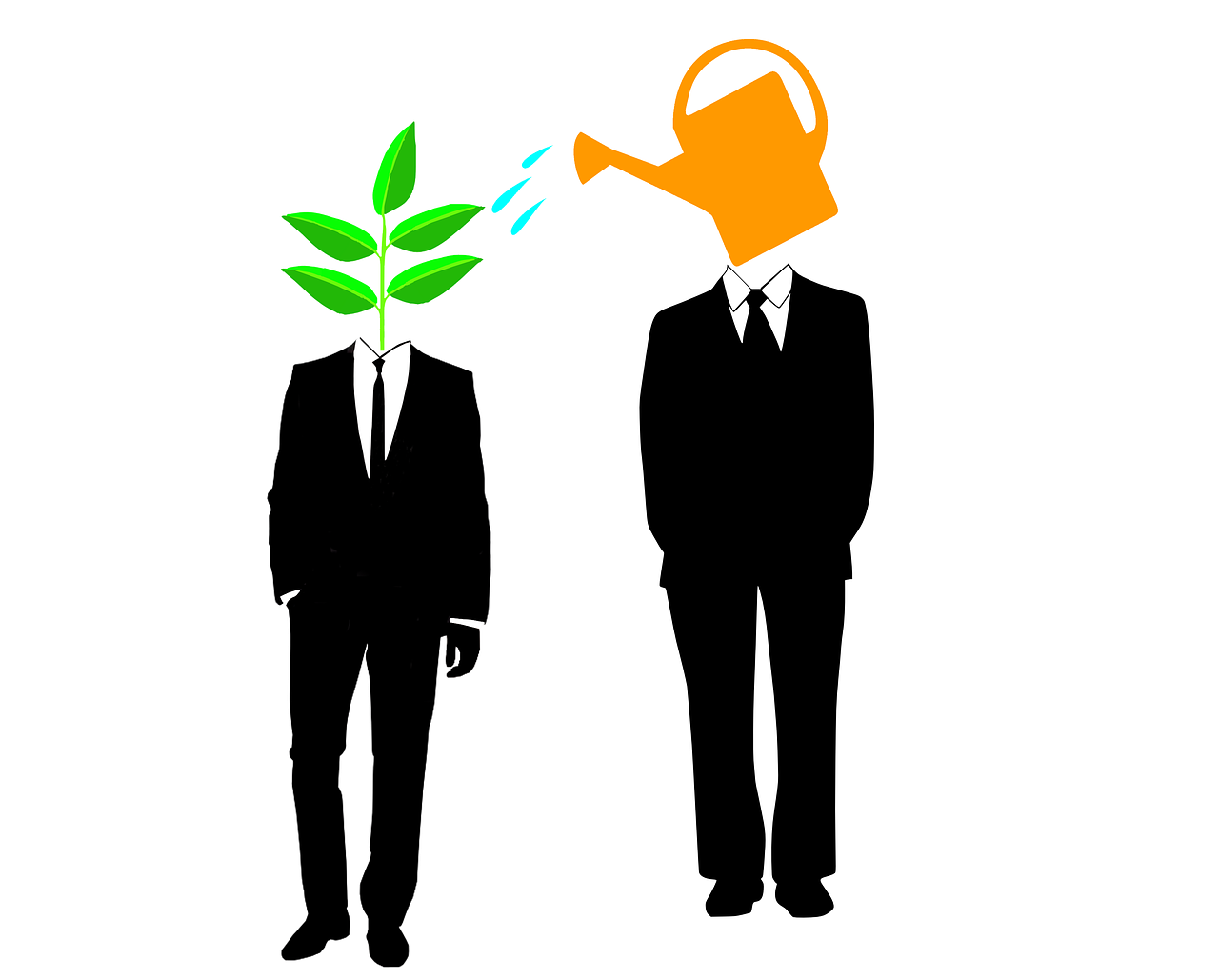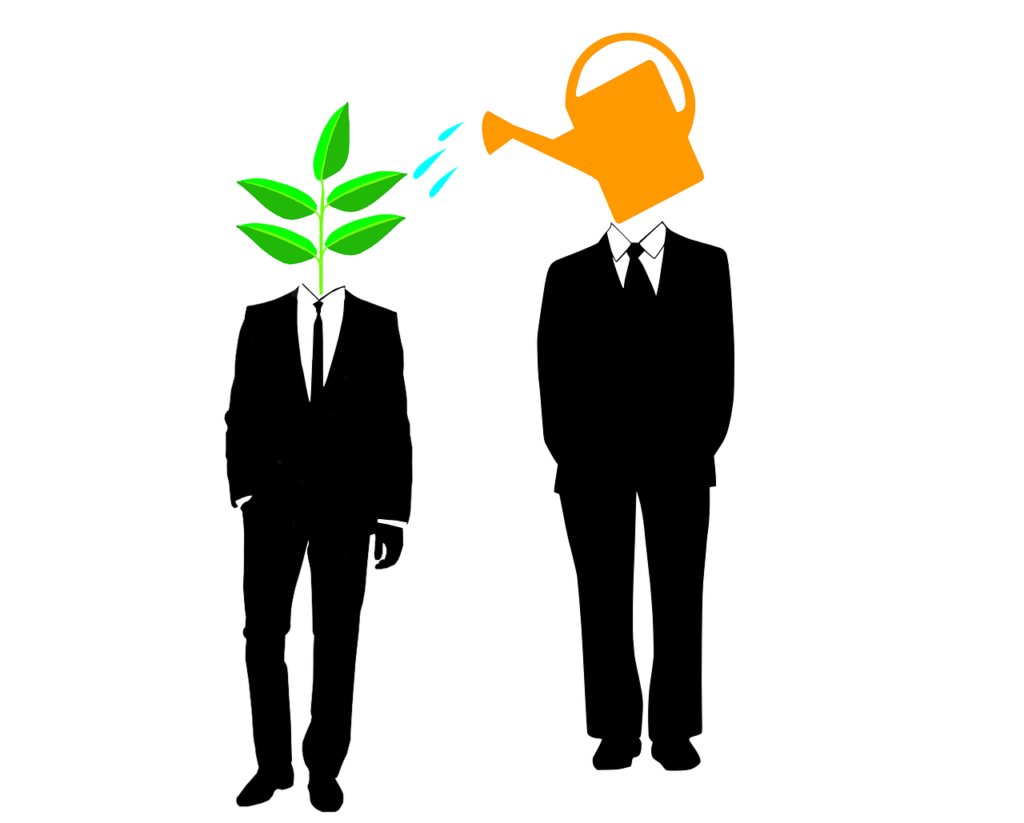
By Annie Yap, CEO, GMP Search International (GSI)
There is a well-known adage which says that experience is the best teacher. However, pure experience alone is an untamed fire – many a time one would get burnt trying to harness its power.
So the best way is to learn from someone else who has mastered the fire. Having someone there to guide your directions and decisions clears away the ‘trial-and-error’ nature of experience. This is the basis of mentorship.
In reality, the relationship between mentor and protégé may not be as archetypical as it is between Socrates and Plato or Yoda and Luke Skywalker. But amongst the many modes of learning that people can engage in, mentorship is the most effective avenue to impart skills.
Mentoring is a focused transference of skills from a senior to a junior through real-time guidance and application.
In the corporate world, mentorship as a formally structured arrangement with clearly defined objectives is recognised for effectiveness, but not widely implemented, even though it has proven to be the best modus operandi or solution to some pressing workplace issues like induction-training, career development and succession-planning.
When utilised successfully, an organisation can ultimately kindle the best performance out of their employees, both mentor and mentee, by connecting the new and old.
The protégé
The mentee, or protégé, is at the heart of mentorship. Whether mentorship is used for fresh hires to be inducted faster and more efficiently, or prodigious talent earmarked for privileged succession into a higher specific position, programmes can be developed and flexible to meet a company’s growth needs.
The benefits are innumerable. For example, mentorship is a powerful career-boosting tool.
A mentee is in a more safe and secure environment for views and raw solutions to be subject to positive criticism with less at stake and more to learn from. Apart from gaining straight access to valuable skills for the job under the exclusive tutelage of a senior, a mentee is given the chance to be exposed to networks and contacts much faster and in better limelight. Also, an employee undergoing a mentorship programme experiences what is termed as psychosocial functions. Mentorship boosts self-esteem and belief in one’s own ability, promoting a mentee’s sense of clearness in his or her role.
The mentor
Contrary to the apparent, mentorship is not a one-way learning process in which the junior takes all. A mentor does not just take away a sense of satisfaction that comes with imparting acquired knowledge. A mentor’s role includes that of an astute listener. And in that position facilitated by the honesty of candour, a mentor gains invaluable insight into perceptions and ideas from a younger compatriot’s mind.
In a global marketplace that is complexly driven from all sectors of society, it pays to accord airtime to every level. And mentorship functions like a communication channel and bridge between the experienced and the fresh.
Is the collaborative nature between mentor and mentee that makes the relationship dynamic and beneficial to all. Mentorship breaks barriers within an organisation by fostering both upward and downward respect amongst colleagues.
Maximising an organisation’s human resources
Mentoring programmes can be instrumental in making the best out of an organisation’s talent force.
Human resources is very much a transient process, where positions are periodically refreshed as employees constantly look to higher planes in their careers. Increased mobility of talent in a globalised world makes it even more pertinent for organisations to develop talent in a bid to retain and excel their best.
Also, it makes economical sense to nurture talent from within to succeed key management positions. An employee who undergoes a mentorship programme is not only able to foresee his career progression more tangibly, he or she would have a more intimate understanding of the clockwork and long-term goals of a company.
Higher management would also be able to recognise how best to capitalise and deploy the talent’s strengths. Compared to an externally headhunted hire, an identified high-flier, born and bred from within, will ultimately be more in tune with the organisation’s rhythm.
Everybody wins
So mentorship is not just about a unilateral inheritance of experiences or a promising candidate on a fast track into a brighter career.
The only important ingredient for mentorship to work is the amount of commitment that is required from the parties involved.
Both the mentor and the mentee need to have absolute commitment in such a special relationship because it demands more effort at work than is usually needed.
The extra effort is worth it. Mentor and mentee grow in their own ways, and companies enjoy greater control and higher effectiveness in the development of human resources. If a solid culture of mentoring can be developed, everybody wins.






